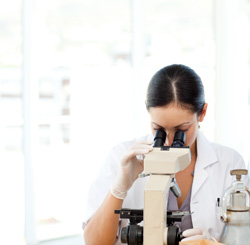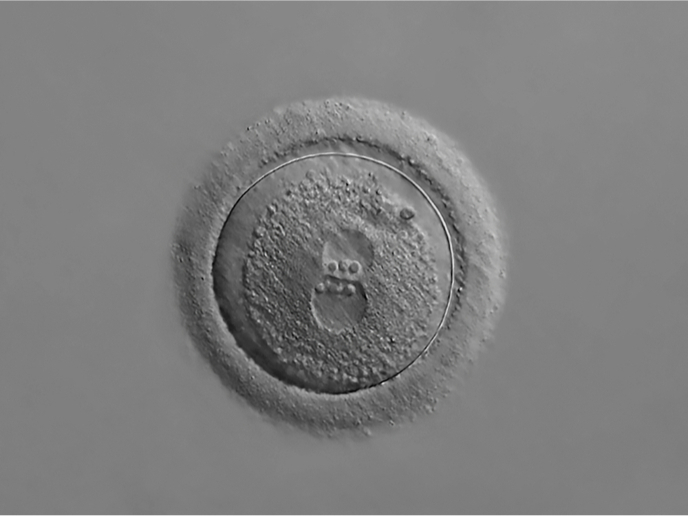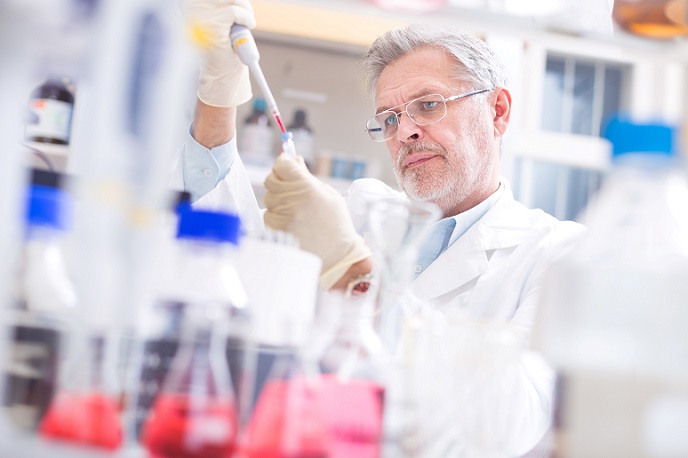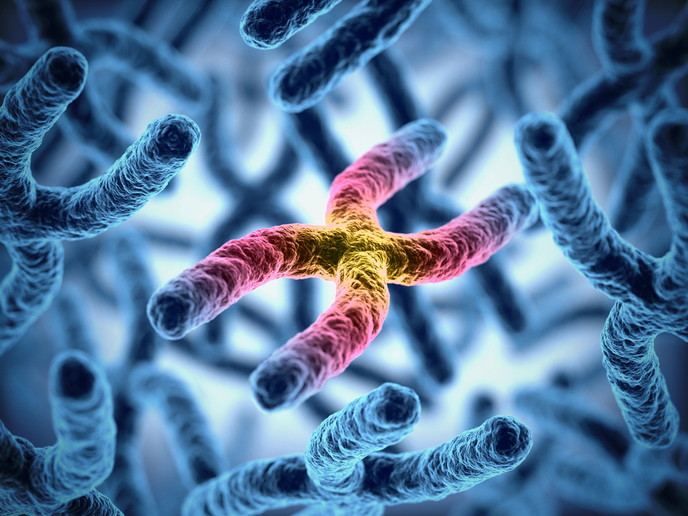Identifying more cancer genes helps combat the disease
Cancer has stumped researchers in recent decades to the extent where many laboratories around the world are trying hard to find the root causes of this troubling disease and develop new treatments. In this vein, the EU launched a project called 'Identification and functional characterisation of genetic cancer risk variants' (CancerGene) which focuses on different aspect of cancer genetics. The project aims to discover more factors that predispose people to cancer, validate these results in human cells and identify certain biological properties associated with prostate cancer among others. Much of the testing was based on genome-wide association studies (GWAS) to identify common genetic factors that influence the onset of cancer. The project brings together various key players such as the Karolinska Institute in Sweden, Torino University in Italy and contractors Islensk Erfdagreining EHF of Iceland. The academic institutions are currently testing people for several genetic variants associated with cancer to try to pinpoint the causative variations of common cancer types. These include colon cancer, lung cancer and prostate cancer. Patent applications for five cancer-risk variants have so far been filed. Four variants linked to prostate cancer and one variant linked to urinary bladder cancer have also been identified in the course of the project so far. As more of these variants emerge, early testing will uncover more and more people who are at risk or in early stages of developing cancer. This will mean improved treatment and higher rates of success. Another major goal of CancerGene is to identify new cancer risk variants to produce additional tests and increase the usability of existing tests. The project is expected to increase our knowledge about the biological pathways that play a role in cancer initiation and progression. This knowledge will no doubt ultimately help investigators develop more effective prevention and treatment strategies in this field.







